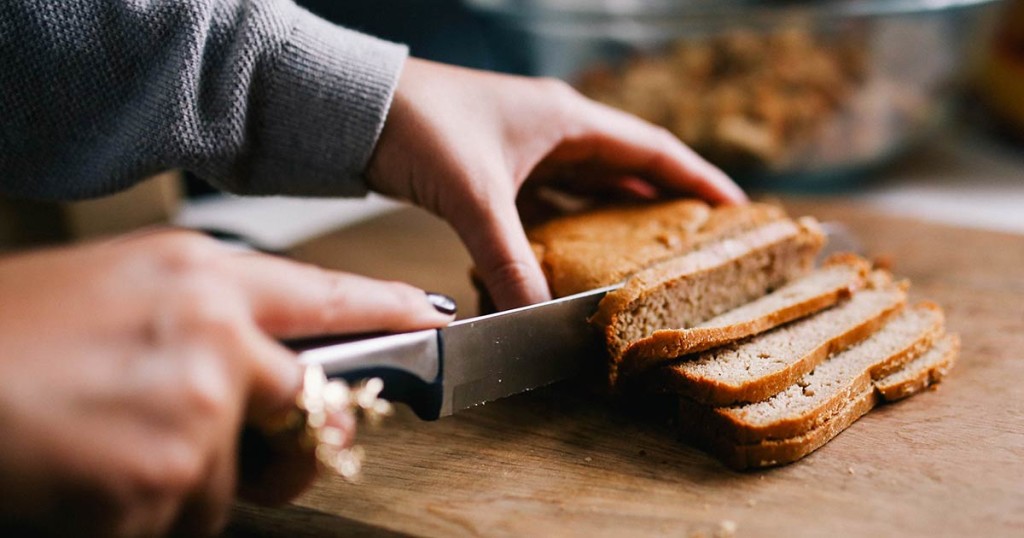Why does altitude cause a problem in baking?
Lower air pressure at altitude causes air bubbles in batter and dough to rise faster. That in turn will make your cake or bread rise quicker, and much higher than normal. And then it tends to collapse! The finished product comes out of the oven much denser and often dry.
Most recipes do not need to be changed if you are baking below 3000 feet. Above 3000 feet adjust the recipe or method as below.

For cakes using baking powder
- Don’t over beat eggs, this adds too much air to the mix.
- Slightly raise the baking temperature. This stops the cake rising too much, too quickly.
- Slightly decrease the amount of baking powder; this also prevents the recipe from rising too much.
- Cakes stick more when baked at high altitudes. Grease baking pans well and also dust with flour. Or you could line trays with parchment paper.
- Only 1/2 fill pans full of batter, not the usual 2/3 full, as high altitude cakes may overflow.
For yeast cakes and bread
Do not prove your dough as long as you normally would. Yeast dough rises quicker at altitude. Keep an eye on it when it is in the oven; it’s better to judge the time by the change in the dough, not so much by the time it says on the recipe.
Adjust your recipes in small amounts whilst you get used to baking at altitude. Keep notes on your adjustments with your recipes.

